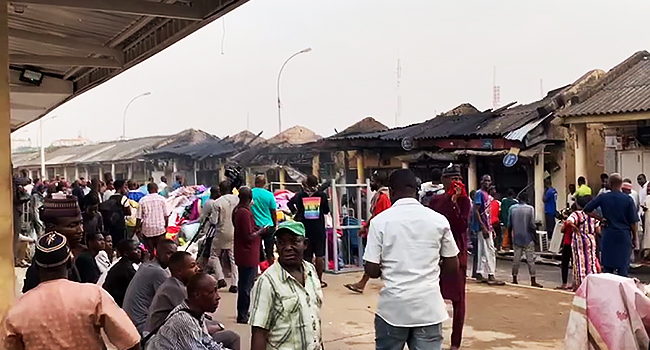The federal government has launched a revised National Civil Aviation Policy (NCAP) as part of efforts to ensure safety and security in the 
Presenting the new policy in Abuja, the Senior Special Assistant to the President on Aviation Reforms, Ms Anne Ene-Ita announced that the new policy is aimed at strengthening the existing regulatory framework and facilitate the growth of domestic airlines.
She said the policy will improve performance and encourage new routes in addition to ensuring that the nation’s airports are better integrated into a wider transport network.
She also told the gathering that the federal government remains committed to transforming the nation’s aviation industry.
Also speaking at the event, Director, Commercial Business Development of the Federal Airports Authority of Nigeria (FAAN), Dr Adeniyi Balogun announced the commencement of an automated entry into the nation’s airports as part of efforts to track vehicles and ensure adequate security for all passengers.
The first NCAP was first introduced in 1989 and it led to the establishment of the NCAA and FAAN.
The 2013 policy which entailed 10 parts identified the need to establish a national safety programme in compliance with the International Civil Aviation (ICAO) safety management standard.
The programme is expected to ensure that aviation service providers have adequate safety management system. An overview of part IV of the policy contained regulations that bother on Aviation Training Organisations (ATOs).
NCAP 2013 On Private Jets
Approval or clearance from the Director-General, NCAA, will not be required from Nigerians operating non-revenue flights with appropriate insurance policies in the following cases:
*For private aircraft owned or leased by individuals, only the family members of the owner/lessee of the aircraft will be permitted on board as passengers.
*For private aircraft owned or leased by companies or corporate entities, only the employees and members of the Board of Directors of the company will be permitted on board as passengers.
*For aircraft belonging to non-scheduled or scheduled operators, only the employees and members of the Board of Directors of the company or the corporation may be permitted on board as passengers; all operators will declare the identities of all passengers on non-revenue charter flights in the appropriate general declaration forms prior to obtaining ATC clearance.
Nigerian carriers operating revenue passenger charter flights will be required to have a current non-scheduled or scheduled operator permit with operations manual that contains flight duty time limitations, which will be strictly monitored on regular basis.
Retention of foreign registered aircraft in Nigeria will not be permitted beyond a period of 15 days from date of entry. However, the Minister of Aviation may, in certain circumstances, grant the extension of this period for up to 60 days.
With the revised national civil aviation policy which takes immediate effect, it may no longer be business as usual for airline operators who cut corners as the federal government says issues of aviation safety will no longer be compromised.




